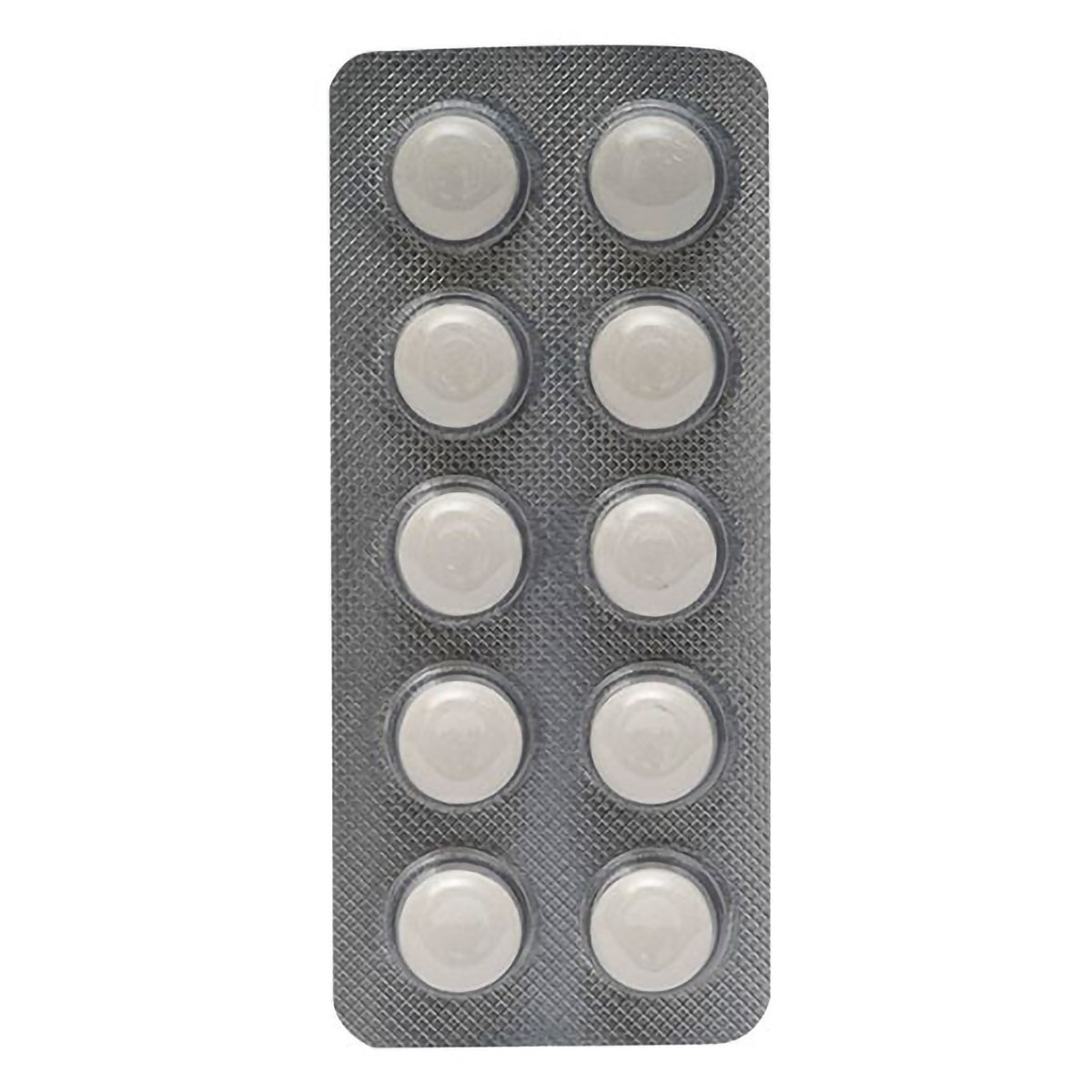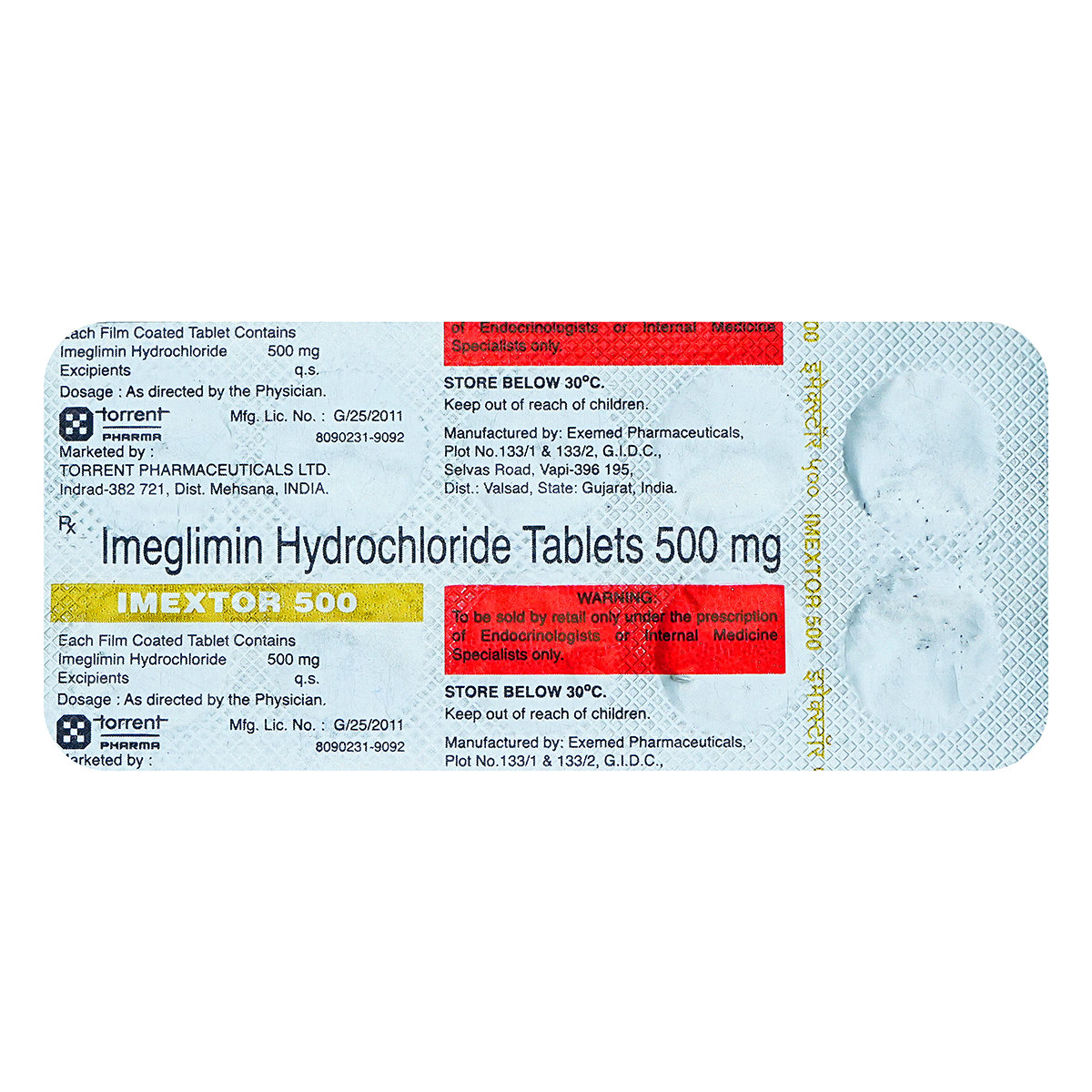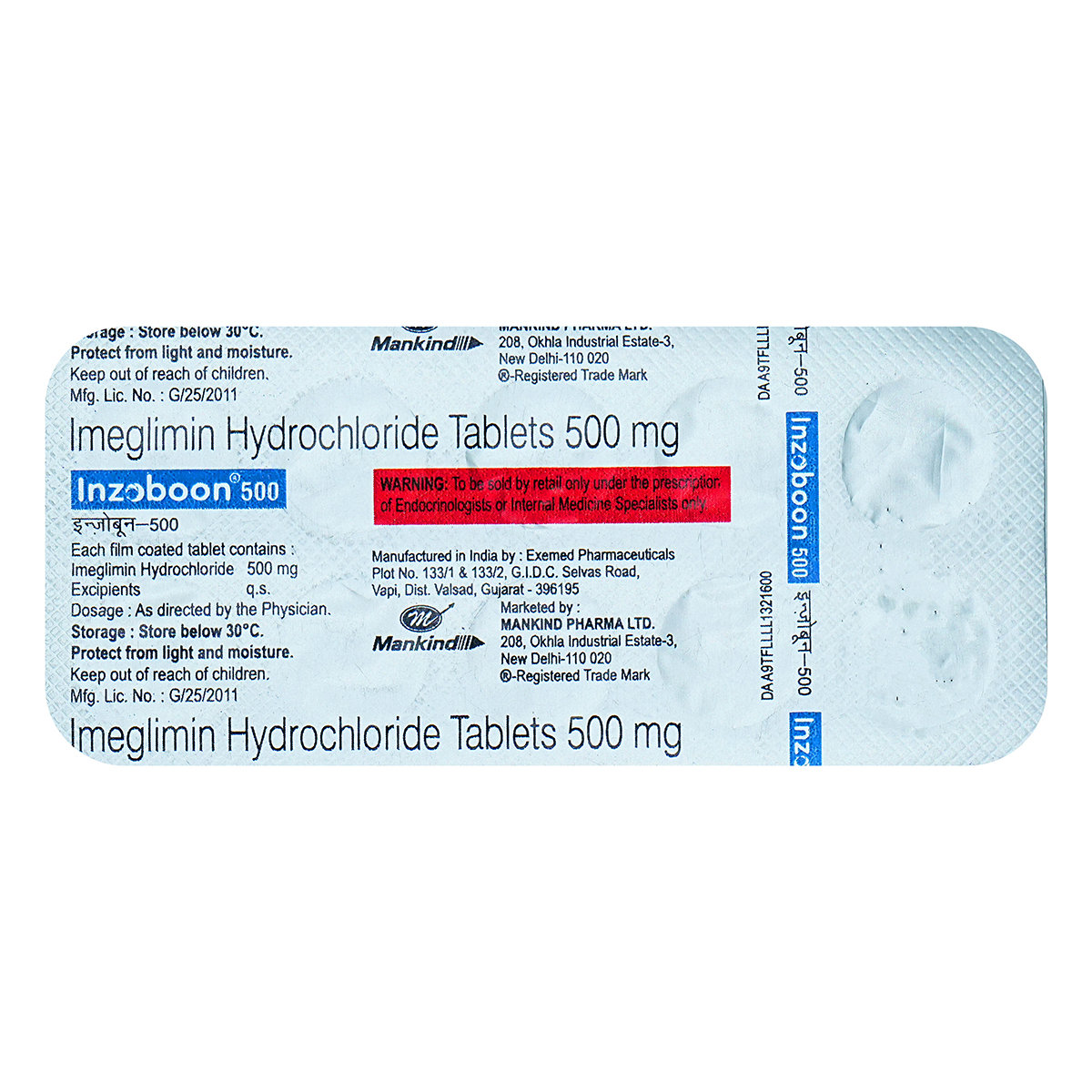Imeglyn 500 Tablet 10's
MRP ₹77.5
(Inclusive of all Taxes)
₹11.6 Cashback (15%)
Extra 10% Off with Bank Offers
Provide Delivery Location
Non returnable*
COD available
Online payment accepted
 Prescription drug
Prescription drugWhats That
Composition :
IMEGLIMIN-500MG
Manufacturer/Marketer :
Zydus Healthcare Ltd
Consume Type :
Oral
Expires on or after :
Return Policy :
Not Returnable
All Substitutes & Brand Comparisons
RX
Emitag-500 Tablet 10's
Lippon Pharma Pvt Ltd
₹92.5
(₹8.33 per unit)
19% COSTLIERRX
Out of StockImeglow 500 Tablet 10's
Saan Labs
₹92.5
(₹9.25 per unit)
32% COSTLIERRX
Lupimeg 500 mg Tablet 10's
Lupin Ltd
₹103
(₹9.27 per unit)
32% COSTLIER
FAQs

Have a query?
Recommended for a 30-day course: 3 Strips
Buy Now
Add 3 Strips












